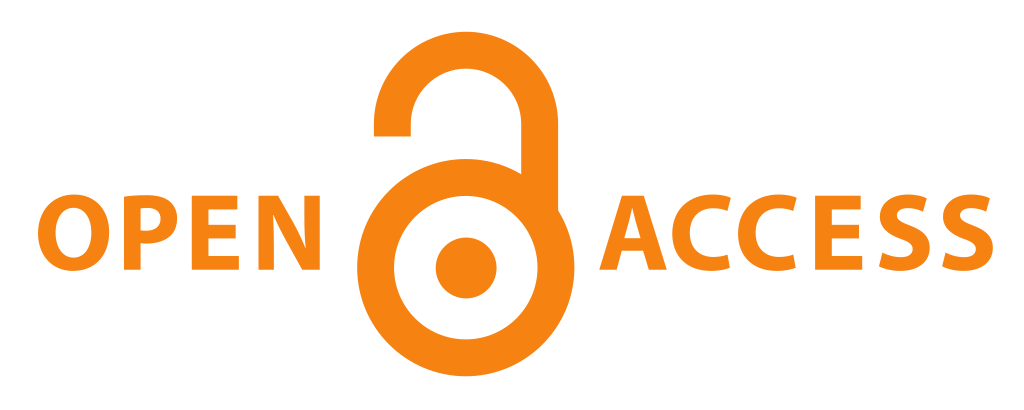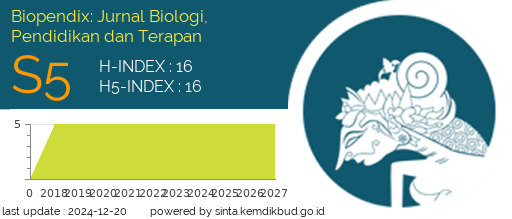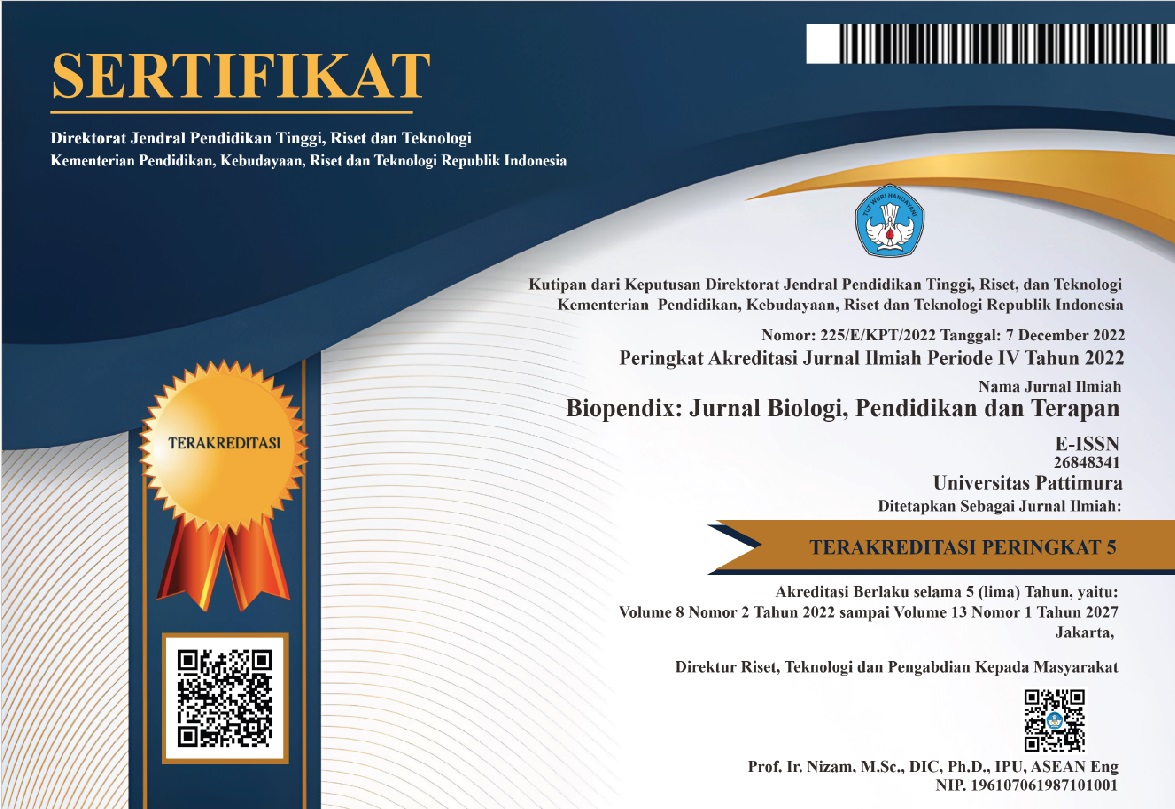PERANAN MODEL PEMBELAJARAN KOOPERATIF TIPE ROOL PALYING MENGGUNAKAN SISTEM PENCERNAAN MAKANAN PADA MANUSIA DI KELAS XI IPA SMA NEGERI 9 KOTA AMBON
Abstract
Background: Cooperative Learning is a learning model that can enable students. Students are encouraged to work together in certain activities so that students are required to share information with other students and learn from each other. In cooperative learning, students are divided into groups of two or more. One model of cooperative learning is a cooperative learning model of Rool playing type.
Method: This research was conducted in January 2015-February 2015. The research method used is classroom action research method (PTK). Collecting technique of data in the form of test result of learning done before and after teaching activity finished. The instrument used is a multiple choice learning test with 5 options of 30 items. The population in this study is the entire class XI IPA SMA Negeri 9 Ambon City which consists of 3 classes. Of the 3 population classes, two classes were used as a sample, namely class XI IPA 2 as the experimental class, and XI IPA 1 as the control class.
Result: The experimental class using the cooperative learning model of Rool playing type has pretest averages = 11,31, posttest = 27,08 and control class using direct learning model has pretest average = 12,22, posttest = 22,91 . The results showed that there is an increase in student learning outcomes using cooperative learning model type Rool playing using the concept of digestive system in humans in class XI IPA SMA Negeri 9 Ambon City.
Conclusion: There is an improvement of learning outcomes of students whose learning process using cooperative learning model of think talk write type on Human Excretion System concept in class XI IPA SMA Negeri 9 Kota Ambon.
Downloads
Authors who publish with this Journal agree to the following terms:
- Author retain copyright and grant the journal right of first publication with the work simultaneously licensed under a creative commons attribution license that allow others to share the work within an acknowledgement of the work’s authorship and initial publication of this journal.
- Authors are able to enter into separate, additional contractual arrangement for the non-exclusive distribution of the journal’s published version of the work (e.g. acknowledgement of its initial publication in this journal).
- Authors are permitted and encouraged to post their work online (e.g. in institutional repositories or on their websites) prior to and during the submission process, as it can lead to productive exchanges, as well as earlier and greater citation of published works





 2
2






